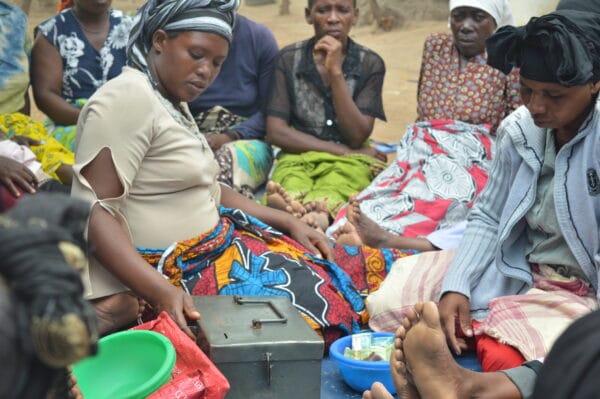
Term
- 4 years
Years
- 2017-2021
Direct Beneficiaries
- Three National National SACCO apexes in Malawi, Tanzania, and Ethiopia
Implementation Partners
Financial Partners

Financial cooperatives are a growing force for financial inclusion in Eastern and Southern Africa. They often operate in remote areas where other financial institutions are unable or unwilling to serve. However, they face challenges of not innovating, effectively developing demand-driven products and services, accessing relevant training programs to increase their staff and directors’ capacity, attracting qualified staff and management, and advocating on their behalf. Lack of confidence in their management capacity inhibits Savings and Credit Cooperatives Organizations (SACCO) from reaching beyond their traditional bonds of association to become more inclusive.
By building the Apex organizations’ capacity and consultations with regulating bodies, the IRFITCO project strengthens the cooperative sectors in Ethiopia, Tanzania, and Malawi. Innovative technologies and products are being designed for cooperatives to provide to their members, focusing on rural, agricultural communities. The primary target group for this project is national network organizations and the official agencies that support them. As a result, over 20,000 rural SACCOS and the poor rural women, men, youth, smallholder families, and rural entrepreneurs that rely on them will benefit.
The main components of the project are:
In the three countries, Ethiopia, Tanzania, and Malawi, the project implementation successfully established Savings and Credit Cooperatives Organizations (SACCO) and federations, including the revival of one in Tanzania. In addition, the project helped establish graduated prudential regulations, expanding rural outreach through Digital Financial Services (DFS). New manuals and materials and stimulating learning of best practices and systems change were beneficial, especially in changing economic realities and the COVID-19 pandemic.
There were many lessons learned from the three countries, including the need for creating an allowance for broad-based consultations in such projects due to the diversity of actors as well as geographical spread within countries.
These lessons have pointed to the need for dynamism in the modalities employed for capacity building, getting consensus on essential legislative and structural aspects for the cooperatives, and adjusting the initiatives to prevailing economic realities such as COVID-19 situations and specific cases, the Tigray Crisis in Ethiopia.


